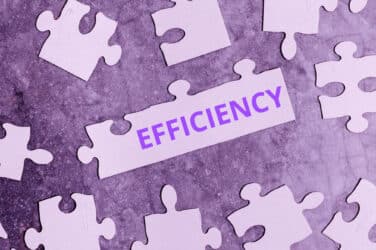
Overseas regulators are calling on the U.S. Commodity Futures Trading Commission to work with them to ensure that rules governing cross-border OTC swaps transactions are harmonized.
In a letter sent to the CFTC on Wednesday, the finance ministers of the U.K., France and Japan, as well as the European Commission, said “we would urge you before finalizing any rules, or enforcing any deadlines, to take the time to ensure that U.S. rulemaking works not just domestically but also globally”.
“Specifically, this principle [of equivalence or substituted compliance] needs to be enshrined in CFTC cross-border rules, so that all U.S. persons wherever they are located can transact with non-U.S. entities using a proportionate substituted compliance regime,” the letter said.
Continuing discussions over the international scope of derivatives regulations—which were originally set to go into effect at the end of this year—are having an impact on buy-side participants, who rely on derivatives for both hedging and speculative purposes.
“The sheer volume of the regulations being implemented at one time across both sides of the pond, is adding to the uncertainty still surrounding both the regulations and the interactions between regulations set between different bodies,” said Brian Sentance, chief executive of Xenomorph, a provider of analytics and data management software.
Regulators in the U.S. and Europe, which are home to the main global derivatives markets, have adopted slightly different approaches under the U.S. Dodd-Frank Act and Europe’s European Market Infrastructure Regulation (Emir).
The 27-nation European Union has long experience of relying on the supervision of other nations and in assessing the equivalence of third country systems. While on the international dimension of Emir, the EU has not yet begun consulting on the technical standards relating to the issue about which transactions outside the European Union should be subject to the Emir requirements.
The European Commission is of the view that the CFTC’s proposed “interpretive guidance”, issued in June, requires further review in order to avoid duplicative and conflicting requirements and rules.
The CFTC rules require participants in the market to register as swaps participants and broker-dealers to register as swaps dealer. They also need to ensure that downstream their clearing member is registered as a futures commission merchant (FCM) and in turn that the FCM is registered with clearing houses that are registered as designated contract markets.
Firms have been coming to terms with the new requirements and ensuring that they are set up for trading, clearing and reporting against the new requirements.
“Market structure changes in the OTC world both in the U.S. and Europe will be challenging with the buy-side having to get used to margin calls and collateral management,” said Alberto Corvo, managing principal for financial services at eClerx, an outsourcing firm.
Time is getting short. The CFTC’s Division of Swap Dealer and Intermediary Oversight (DSIO) issued several no-action letters that extend until December 31, the date at which swap participants will be required to register in accordance with various provisions of the Dodd-Frank Act.
One of the no-action letters addresses the swap calculation by certain foreign entities of swaps for purposes of the swap dealer and major swap participant definitions.
The letter provides no-action relief to enable swap market participants to apply a uniform and readily ascertainable standard regarding which swaps, as of October 12, must be included in their calculations under the swap dealer and major swap participant definitions.
The CFTC interpretive guidance describes how the agency will consider the application of clearing, trade execution and reporting and record keeping provision under Dodd-Frank to cross-border swaps involving counterparties that are not swap dealers or major swap participants.






